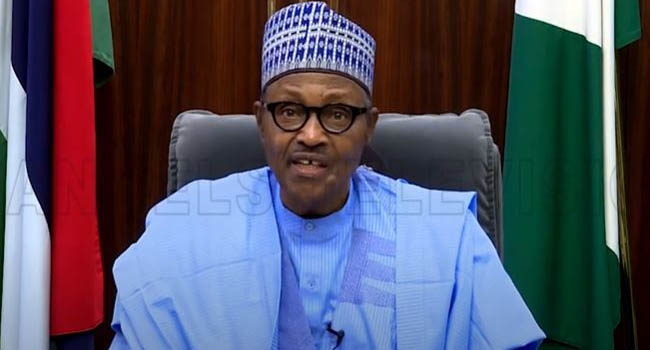Nigeria’s President Muhammadu Buhari has disclosed that 2.5 million farmers have been financed under various agricultural intervention programmes.
This was disclosed by President Buhari during a nationwide broadcast to commemorate Democracy Day on Saturday.
He said some of the agricultural intervention programmes include the agri-business/small and medium enterprise investment scheme; non-oil export stimulation facility; and targeted credit facilities operated across the 774 local government areas.
According to President Buhari, the anchor borrowers’ programme supported local production of agriculture products such as maize, cotton and cassava.
According to him, the programme “resulted in a sharp decline in Nigeria’s major food import bill from $2.23 billion in 2014 to $0.59 billion by the end of 2018; and rice import bill alone dropped from $1 billion to $18.5 million annually.
“Government financed 2.5 million small-holder farmers cultivating about 3.2 million hectares of farmland all over the country and created 10 million direct and indirect jobs”.
Regarding his administration’s contribution to other sectors, Buhari said the Central Bank of Nigeria (CBN) and Bank of Industry (BoI) N200 billion facility financed the establishment and operations of 60 new industrial hubs across the country, creating an estimated 890,000 direct and indirect jobs.
“The CBN’s N50 billion Textile Sector intervention Facility increased capacity utilization of ginneries from 30% to nearly 90%.
“As at the end of 2020, the Development Bank of Nigeria had disbursed 324 billion Naira in loans to more than 136,000 MSMEs, through 40 participating Financial Institutions. I am to note that 57% of these beneficiaries are women while 27% are the youth.”
The president further said his administration is doing it’s best in ensuring economic stability despite scarce resources and a galloping population growth rate that consistently outstrips the capacity to provide jobs for our populace.
